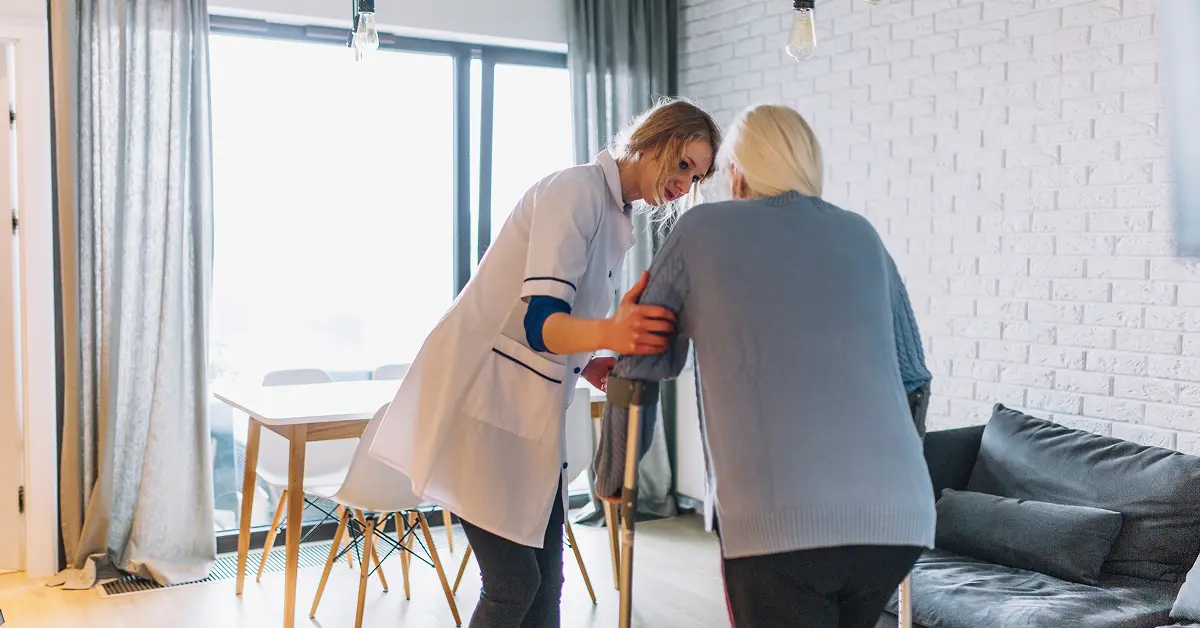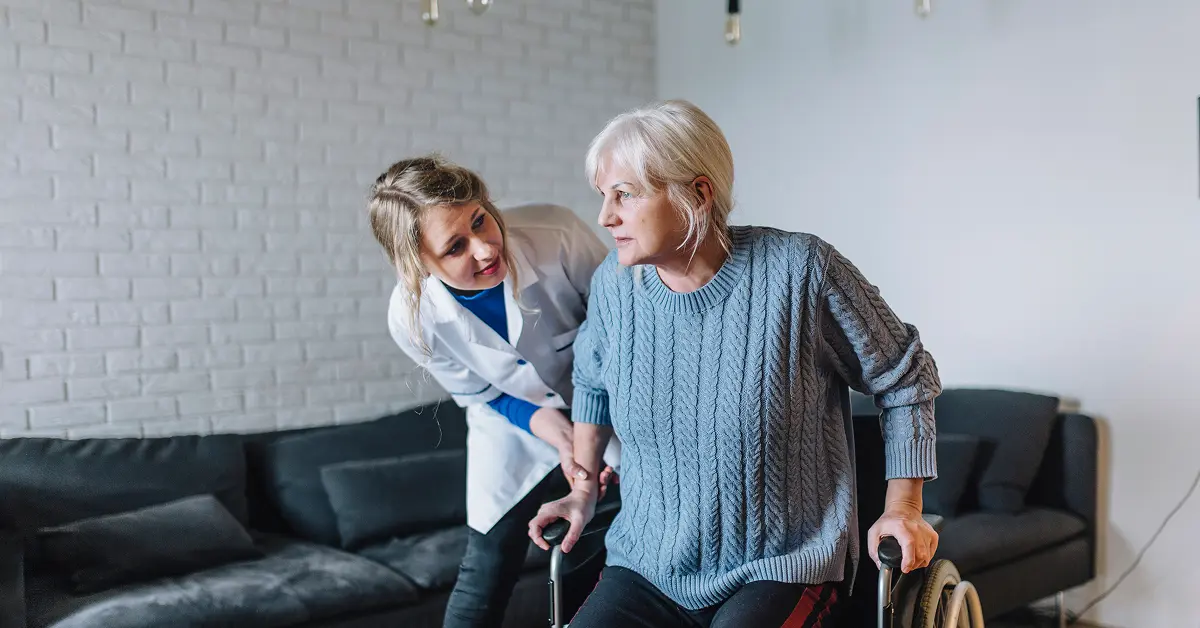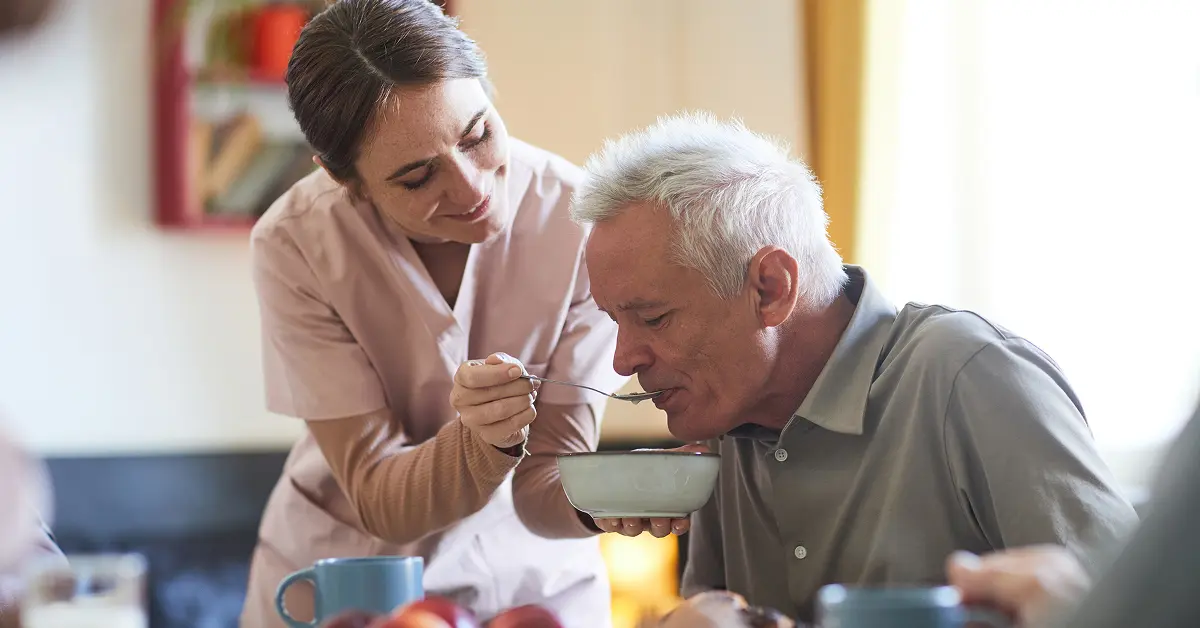As our Elderly Care Services loved ones grow older, their ability to manage daily tasks, maintain health, and live safely at home can gradually decline. Recognising the right time to bring in external help—whether in the form of a part-time nurse, a home caregiver, or full-time assistance—is one of the most difficult yet essential decisions many Indian families face.
In Indian culture, caring for our elders is deeply rooted in tradition. But with modern work commitments, nuclear family setups, and geographic distances, it is becoming harder to provide round-the-clock care personally. Understanding when your loved one needs help is crucial to ensure they continue to live with dignity, independence, and comfort.
Recognising the Warning Signs
Many ageing individuals may not openly express their struggles or accept help. As a family member, you need to watch for these subtle and not-so-subtle signs:
Difficulty in Performing Daily Activities
Is your parent struggling with simple tasks like bathing, dressing, cooking, or using the toilet? Frequent spills, untidy clothes, or bad body odour may indicate they’re no longer managing well on their own.
Memory Loss and Cognitive Decline
Forgetting appointments, misplacing items regularly, or repeating conversations are not always normal ageing signs. These could be early indicators of dementia or Alzheimer’s. In such cases, trained caregivers are essential.
Decline in Hygiene and Cleanliness
Is their home unusually messy? Are dishes piling up or trash left unattended? A noticeable drop in cleanliness may mean your loved one is overwhelmed or physically incapable of keeping things tidy.
Physical Changes
Weight loss, unsteady walking, frequent falls, or visible bruises can be signs that they need assistance. Ignoring these could lead to serious injuries or hospitalisation.
Social Withdrawal
A person who once loved social gatherings may suddenly avoid interactions, skip religious events, or isolate themselves. Depression or mobility issues could be to blame, and both require professional attention.
The Emotional Aspect: Guilt and Resistance

In India, many children experience guilt when considering external help. There’s a fear of being judged by relatives or society for not caring personally. Your ageing loved one might also resist help due to pride, denial, or fear of losing independence.
Here’s how you can manage this sensitive phase:
- Start Small: Introduce part-time help to assist with housekeeping or meal prep before transitioning to more personal care.
- Communicate Openly: Share your concerns lovingly. Make them feel involved in the decision-making.
- Reassure Them: Remind them that bringing help is not about abandoning them—it’s about improving their safety and happiness.
The Role of Professional Caregivers
Hiring a caregiver or home nurse can transform the daily life of your ageing loved one. Here’s how professional support makes a difference:
Personal Care
Trained caregivers can assist with bathing, grooming, dressing, and toilet needs—while maintaining respect and compassion.
Medication Management
They ensure medicines are taken on time and monitor side effects or any signs of complications.
Companionship
Elderly people often feel lonely, especially when children live in different cities. Caregivers provide much-needed companionship and conversation.
Meal Preparation and Diet Management
From preparing healthy meals to helping with feeding (if needed), caregivers ensure proper nutrition—especially important for diabetic or cardiac patients.
Safety and Emergency Response
They help prevent falls, monitor health, and act swiftly in case of emergencies. Their presence itself is a safety net.
When Is the Right Time to Bring Help?
It’s often said, “If you’re asking the question, it might already be time.” But here are some clear indicators that it’s time to act:
- You constantly worry about your loved one’s safety when you’re away.
- Their health condition is worsening or requires regular monitoring.
- You're feeling overwhelmed, burnt out, or emotionally drained managing their care along with your own responsibilities.
- Their doctor recommends assisted care for their well-being.
The Indian Context: Customised Elder Care at Home
In India, the demand for home caregivers is growing rapidly—especially in metro cities like Delhi, Mumbai, Bengaluru, and Chennai. Several agencies now offer customised elder care services that blend traditional values with modern healthcare.
These services include:
- Daily Assistance: Bathing, dressing, feeding
- Health Monitoring: Blood pressure, sugar levels, physiotherapy
- Night-Time Care: For those with dementia or frequent health issues
- Post-Hospitalisation Care: Recovery after surgeries or treatments
Choose an agency that does thorough background checks, provides medically trained staff, and offers flexibility in hours.
How to Talk to Your Loved One About It
Here’s a simple guide to approaching the conversation with empathy:
- Pick the Right Time: Talk when both of you are calm and not distracted.
- Use ‘I’ Statements: Say, “I’m concerned about your safety,” instead of, “You can’t do this alone.”
- Involve a Doctor: Sometimes, an outside voice carries more weight.
- Offer a Trial Period: Suggest a one-month trial with a part-time caregiver.
Self-Care for Family Members
Caring for an elderly loved one is rewarding—but also exhausting. Ignoring your own mental and physical health can lead to caregiver burnout. Bringing in help gives you time to rest, focus on your work, or spend quality time with your own children.
Remember: You can’t pour from an empty cup.
Conclusion
Bringing in help for your ageing loved one doesn’t mean you love them any less—it means you love them enough to ensure they’re safe, cared for, and emotionally supported. Whether it’s hiring a part-time caregiver, arranging nursing support, or involving elder care agencies, timely intervention can prevent health crises and enhance their quality of life.
India is evolving, and so are the ways we care for our elders. With the right support, your loved ones can continue living with dignity and happiness—right in the comfort of their own home.
Need elder care support in India?
Look for reputed local agencies offering trained home caregivers, nurses, and senior wellness plans to find a balance between tradition and practical need.
Contents
Our 24*7 services
Latest Posts
- What Is Respite Care and Why Is It Important
- Affordable home care for senior citizens in India
- Caring for Seniors with Dementia or Alzheimer's at Home
- Senior Caregiving A Guide for Every Family
- How to Write a Caregiver Resume That Gets You Hired
- How Care After Hospital Discharge Speeds Up Recovery at Home
- How to Get Home Health Care for Seniors Through Medicare
- What Does a Senior Citizen Caregiver Really Do at Home
- How to Care for Elderly Parents with Alzheimer’s or Dementia
- How to Get 24-Hour Care for Seniors at Home



